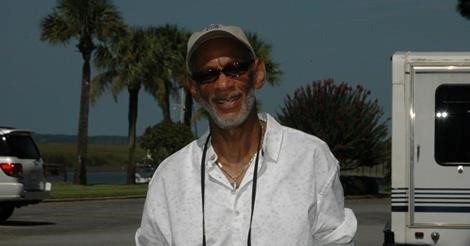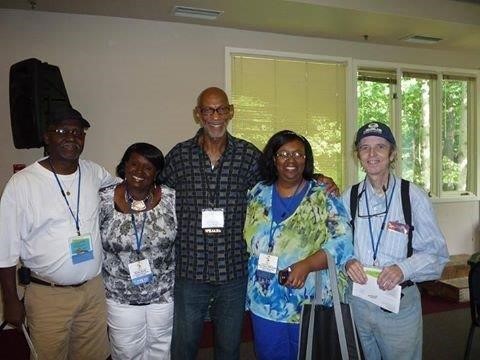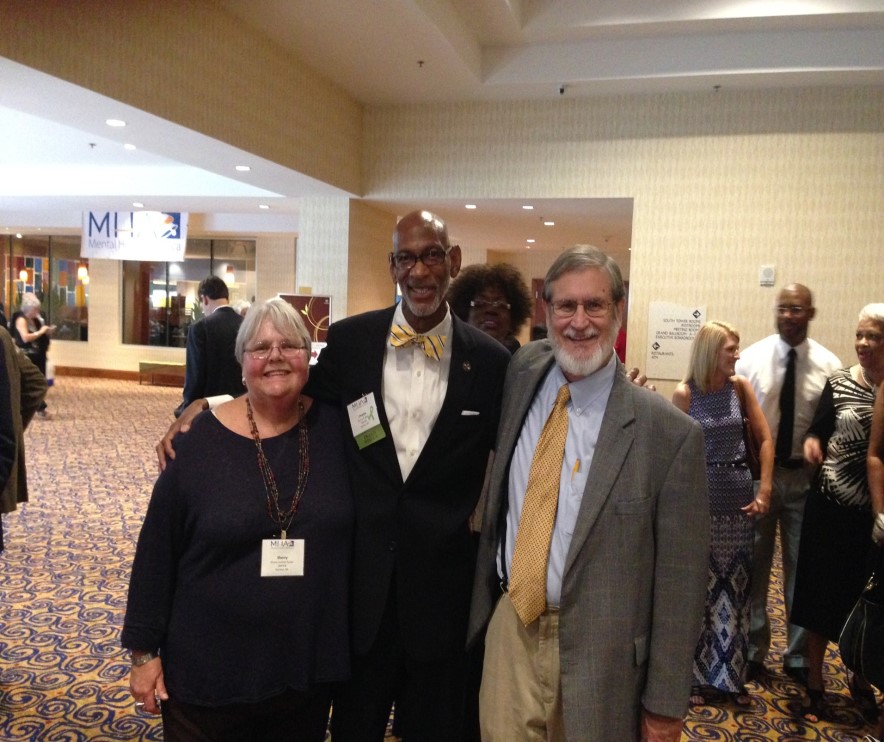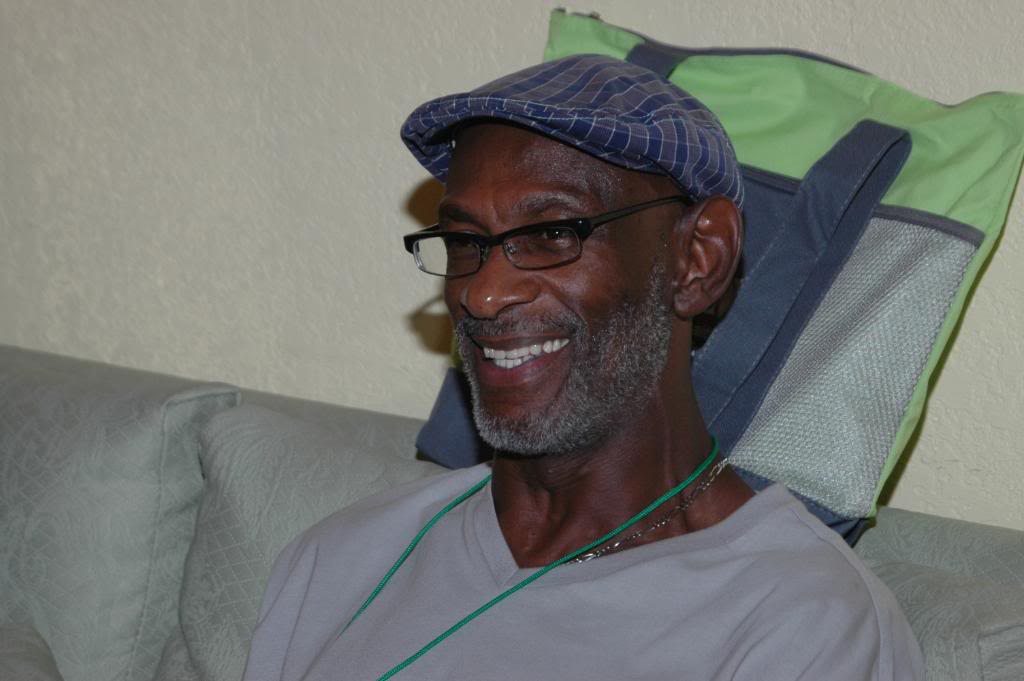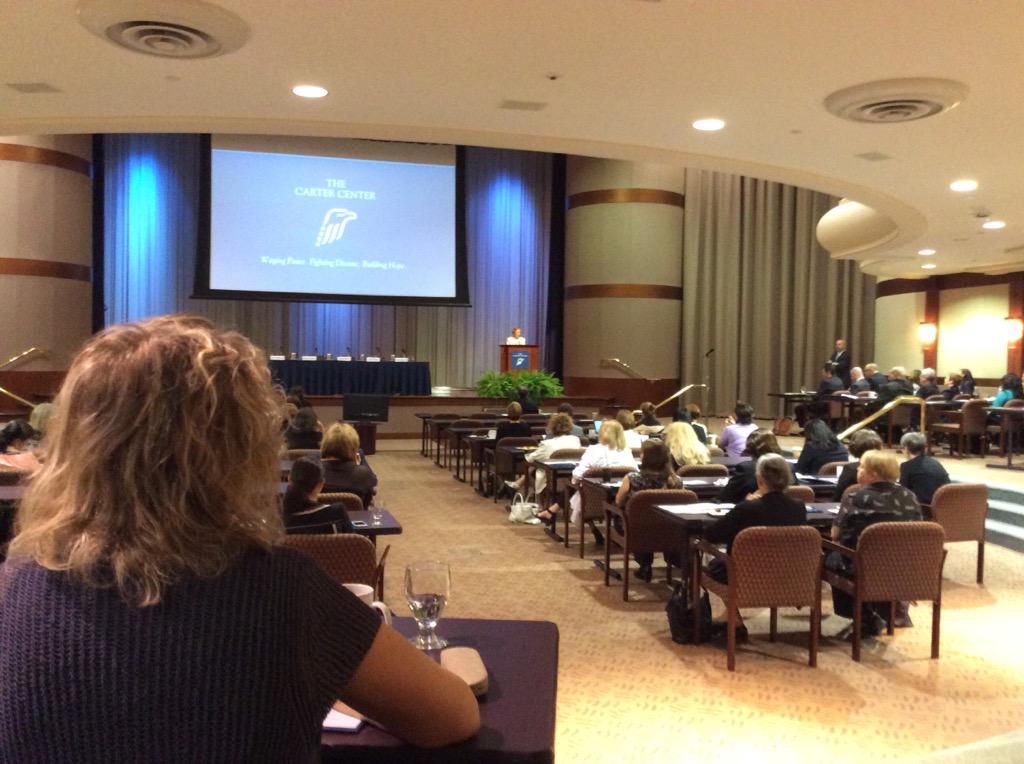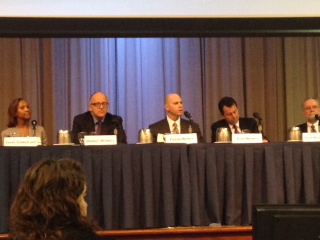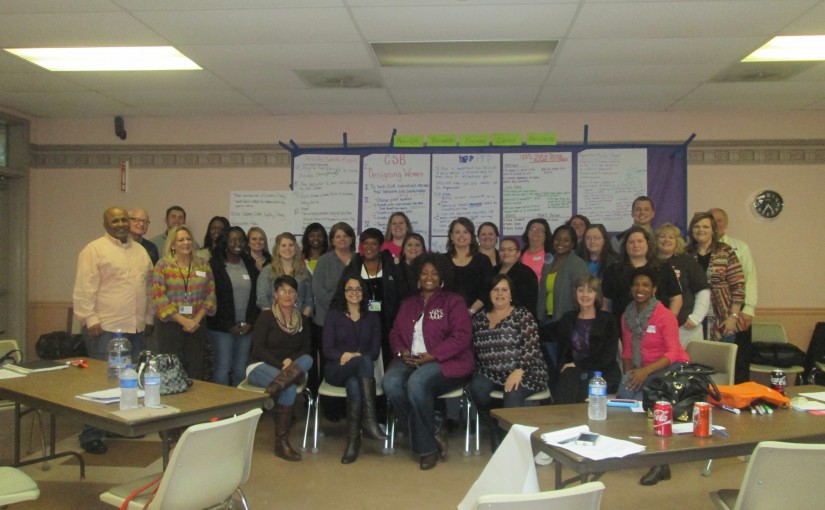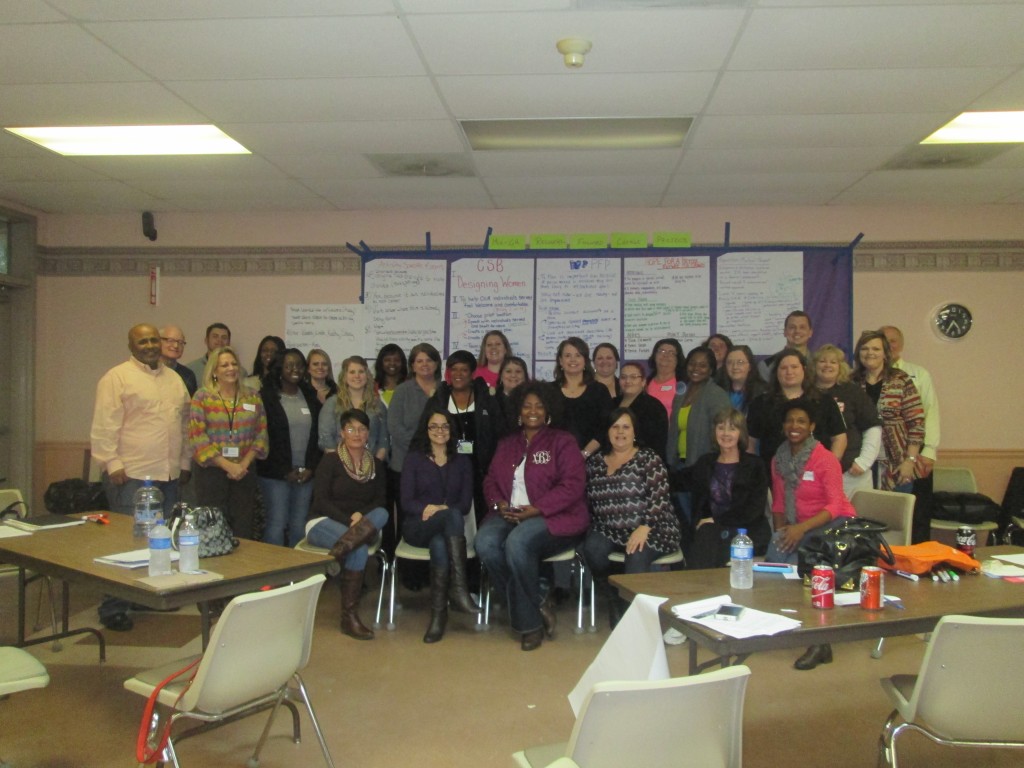In December, 2016, Tony Sanchez, Director of Recovery Transformation Services at the Georgia Department of Behavioral Health and Developmental Disabilities participated in a RESPECT Institute of Georgia training that was hosted at the Sparrow’s Nest in Athens. Below, Tony shares his thoughts about his experience.
For several years, I have heard from many Peers that the RI training was a trans-formative experience. In December, 2016, I had the opportunity to participate in a RI and I can affirm that it is trans-formative – and healing.
I confess that I felt vulnerable when I started sharing my story with the other participants. I wasn’t planning on it, but I found myself sharing
experiences and feelings that I had never shared with anyone before. I actually think everyone felt vulnerable, but there was so much encouragement and compassion, that everyone took a chance. Everyone took a chance to be open and authentic and though it felt raw emotionally, it was also very liberating and healing.Having been a veteran of the 12-step program, I assumed that the RI training would come easy to me. But I realized that the expectations of the RI require a different approach. For example, the exercise of having to write out my story and condense 40 years of my life into a 10-minute presentation demanded that I prioritize my lived experiences and at the same time deliver an educational and poignant message. This was not an easy task, but as I continued to edit my presentation, I realized how far I had come in my recovery. I realized that my resilience and recovery eclipse all of the pains and struggles of my life.
What I will treasure the most from my RI experience is the feedback sessions. After a participant shares their story, everyone is so encouraging and empathetic and compassionate that these sessions felt sacred. And when you consider that these stories have been held inside for so long due to shame and stigma, these sessions truly are sacred.
In my position at [DBHDD], I have had many opportunities to hear RI Graduates begin an important meeting by sharing their stories. Now that I have participated in a RI, I want to impress upon everyone that behind every 10-minute inspirational presentation, there is an enormous amount of effort. The RI is designed with great precision, but to get the optimal benefits, a participant goes through three days of intense, emotional and sometimes exhausting processes as they make peace with their past and learn to tell their story. And telling their stories is precisely what the RESPECT Institute Graduates do – every day. To date, RESPECT Institute Graduates have presented their recovery stories to over 100,000 Georgia stakeholders.
From The RESPECT Institute of Georgia Team
We encourage all Graduates to go into their community and tell their story!
Contacts
Jen Banathy
RESPECT Institute of Georgia Organizational Development Coordinator
jen@gmhcn.org
Denise Hardy
RESPECT Institute of Georgia Training Coordinator
denise@gmhcn.org
Shelia Corn
RESPECT Institute of Georgia
Outreach Coordinator
shelia@gmhcn.org
Lindsey Sizemore
RESPECT Institute of Georgia
Outreach Coordinator
lindsey@gmhcn.org
Tony Sanchez’s RESPECT Institute Experience
http://www.gmhcn.org/files/Articles/TonySanchezsRESPECTInstituteExperience.html
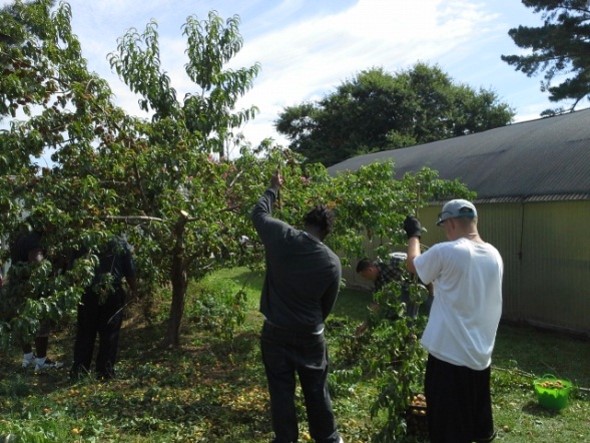
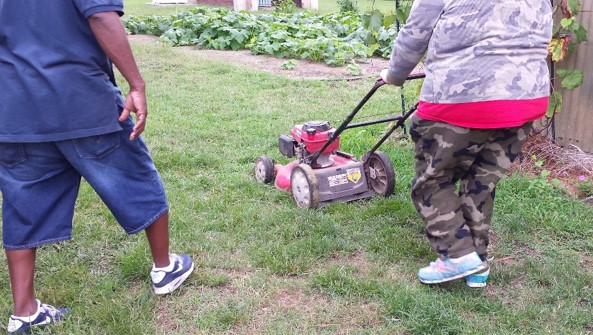
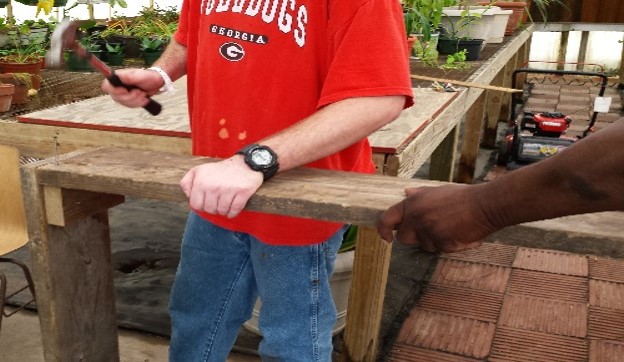
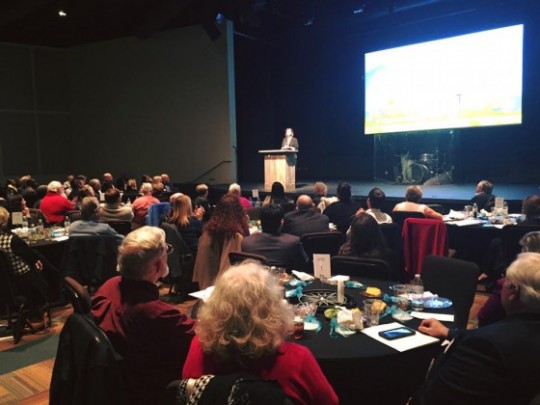 More than 100 leaders in the faith community, social workers, government officials, and families of individuals with substance use disorders gathered in Gwinnett last week to discuss the rising heroin crisis.
More than 100 leaders in the faith community, social workers, government officials, and families of individuals with substance use disorders gathered in Gwinnett last week to discuss the rising heroin crisis. 